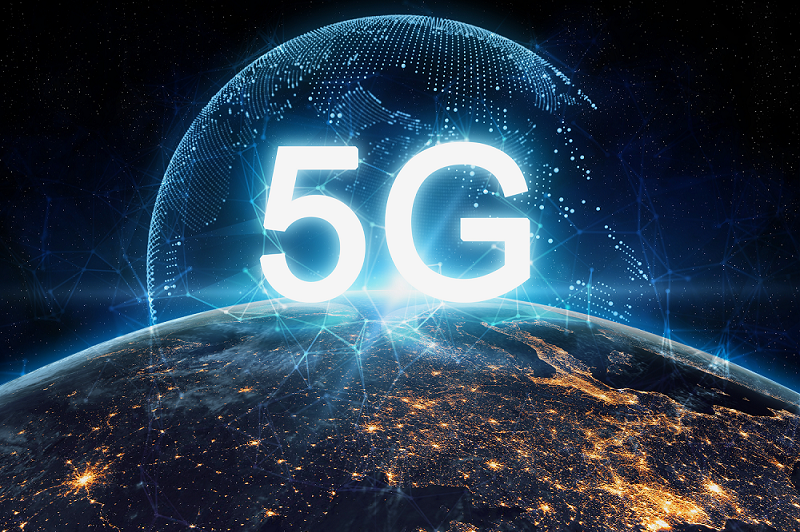Cao News Hub
Your daily source for trending news and informative articles.
Why 5G Might Just Be Your New BFF
Discover why 5G could revolutionize your digital life and become your ultimate tech companion. Unleash the power of connectivity today!
Understanding 5G: How It Changes the Game for Connectivity
5G technology represents a significant leap forward in mobile connectivity, offering faster speeds, lower latency, and the ability to connect more devices simultaneously. Unlike its predecessor, 4G, which is limited in bandwidth and speed, 5G utilizes advanced technologies such as millimeter waves and massive MIMO (Multiple Input Multiple Output) to deliver exceptional performance. This means that users can expect download speeds of up to 10 Gbps and latency as low as 1 millisecond, facilitating real-time communication and enhancing the experience of applications such as virtual reality (VR) and augmented reality (AR).
The implications of 5G extend beyond just personal mobile devices. Industries such as healthcare, manufacturing, and transportation can harness this technology to revolutionize their operations. For instance, 5G enables the implementation of smart factories where machines communicate with one another in real-time, improving efficiency and reducing downtime. Similarly, the rise of autonomous vehicles relies heavily on 5G connectivity to process vast amounts of data instantaneously, ensuring safer and more reliable travel. In summary, 5G is not just a technological upgrade; it is a fundamental shift in how we connect and interact with the world around us.

5G Myths Debunked: What You Need to Know
The rollout of 5G technology has been accompanied by numerous myths and misconceptions. One common myth is that 5G causes serious health problems. However, extensive research conducted by health organizations worldwide has found no evidence to support this claim. In fact, the levels of radiation emitted by 5G networks are significantly lower than those of previous generations, such as 4G. It's essential to differentiate between legitimate health concerns and exaggerated fears to better understand the implications of this advanced technology.
Another prevalent myth surrounding 5G is that its implementation will lead to a decrease in internet speed for existing users. This is not only untrue but quite the opposite. 5G technology is designed to provide faster speeds, lower latency, and increased connectivity compared to older technologies. According to industry experts, as 5G becomes more widespread, users can expect an enhancement in their overall internet experience, enabling smoother video streaming, improved online gaming, and quicker download speeds.
Is 5G Worth the Hype? Exploring Its Impact on Daily Life
As the rollout of 5G technology gains momentum, the question on many minds is: Is 5G worth the hype? This next-generation wireless technology promises to revolutionize how we connect and communicate, offering significantly faster internet speeds and reduced latency. With theoretical download speeds up to 10 Gbps, 5G has the potential to enhance various aspects of daily life, from seamless video streaming and enhanced virtual reality experiences to improved smart home device functionality. However, the real impact of 5G extends beyond personal use, touching industries such as healthcare, transportation, and entertainment.
Moreover, the implications of 5G technology are profound in urban planning and infrastructure. For example, cities adopting 5G can utilize smart traffic management systems that analyze real-time data to ease congestion and reduce pollution. In healthcare, 5G enables remote surgeries and telemedicine, allowing specialists to operate on patients from miles away with precision. While many are excited about these advancements, it's essential to consider the challenges, including the need for extensive infrastructure upgrades and concerns about security and privacy. In conclusion, while 5G holds immense promise, evaluating its true worth will depend on a careful consideration of its benefits and drawbacks.